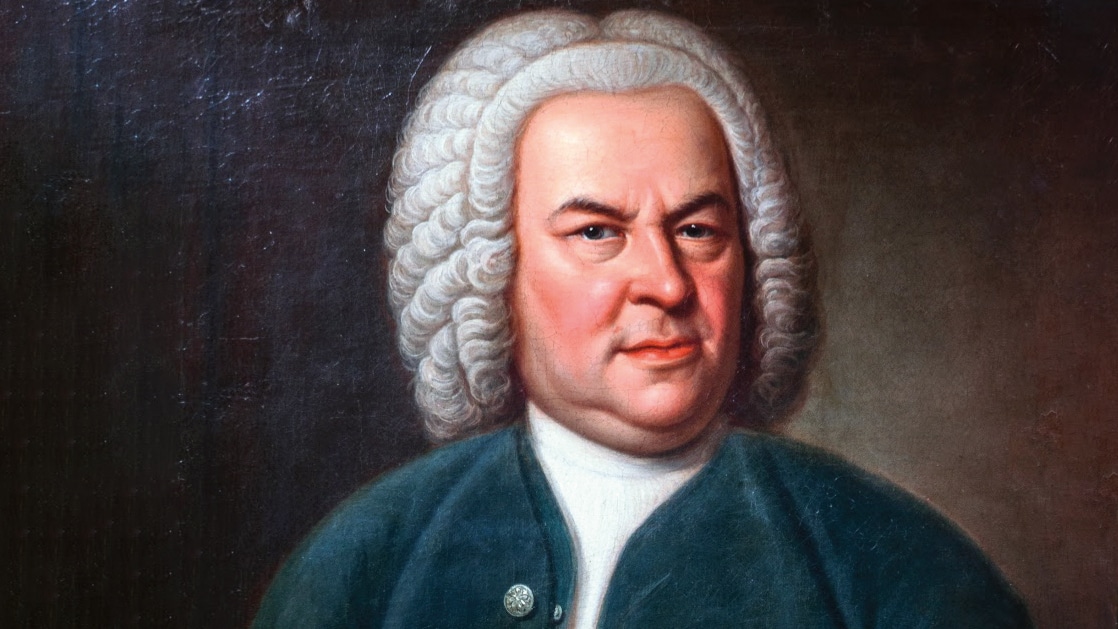Even Goethe's friend Carl Friedrich Zelter considered Johann Sebastian Bach's Mass in B minor probably the greatest musical work of art the world has seen. For over two decades, the composer worked again and again on this setting of the unchanging liturgical texts for soloists, choir and orchestra, which went beyond the scope of any church service. Only towards the end of his life did he put the individual parts together.
At the centre of the Missa is the Symbolum Nicenum, the great confession of faith, in which Bach offered the utmost in artistic creative power combined with spiritual concentration and symbolic expressiveness, as the musicologist and theologian Walter Blankenburg writes in his introduction.
This already begins with the symmetrical overall arrangement of the Credo, the tones and time signatures of the individual parts mirror each other around the axis of the Crucifixus chorus - the cross in the middle, a theological statement ! Already in the first chorus, Bach uses a Gregorian Credo motif and thus wants to refer to the tradition of faith. In addition, there is the baroque symbolism of numbers: he forms a seven-part fugue from the seven-syllable text, whose first entry is contrasted with a counterpoint of seven notes. The number seven stands for the perfection of creation in seven days. And the list of such musical interpretations of the text is almost inexhaustible.
You don't have to know all this, let alone hear it, but it is in the music, which also grips you immediately, for example in the rejoicing over Easter or in the incredibly bold harmonies of the expectation of our resurrection. Bach's way of composing is not a glass bead game, but it wants to interpret the mysteries of creation and redemption in all their depth and thus point beyond the earthly to the divine, even depict it.
